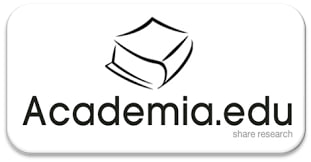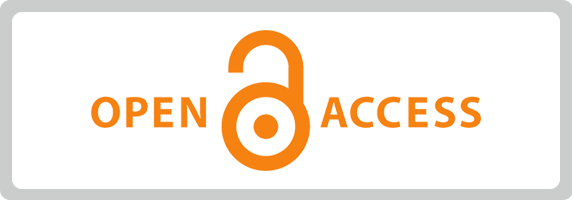Examining the Role of Organizational Learning in Creating Competitive Advantage in the Financial Services Sector
Keywords:
Organizational learning, Competitive advantage, Financial services, Knowledge management, Learning culture, Strategic renewalAbstract
This study aims to explore how organizational learning contributes to the creation and sustainability of competitive advantage within the financial services sector. A qualitative research design was employed to gain in-depth insights into organizational learning processes in Tehran-based financial institutions. Data were collected through semi-structured interviews with 28 participants holding managerial and strategic roles across banks, insurance firms, and investment companies. Sampling continued until theoretical saturation was reached. The interviews focused on topics such as leadership support, knowledge processes, innovation, and strategic renewal. All interviews were audio-recorded, transcribed, and analyzed thematically using NVivo software. An inductive coding approach was used to identify key themes and subthemes that reflect the interaction between learning practices and organizational competitiveness. Analysis revealed three overarching themes: (1) Learning Culture and Environment, emphasizing leadership, openness to change, and reflective practices; (2) Knowledge Processes, including acquisition, sharing, retention, and application of knowledge; and (3) Strategic Impact of Learning, showing links between learning and innovation, agility, and customer responsiveness. Participants described how informal networks, digital tools, and leadership modeling collectively reinforced learning behavior. Organizational learning was found to directly influence competitive positioning, market responsiveness, and strategic renewal. The findings highlight that organizational learning is a multidimensional process embedded in culture, processes, and strategic outcomes. In financial service institutions, learning serves as a dynamic capability that enhances adaptability, innovation, and sustained competitive advantage. These results underscore the need for integrated learning strategies, leadership engagement, and alignment with organizational goals to maximize performance in competitive environments.
Downloads
References
Argote, L. (2013). Organizational learning: Creating, retaining and transferring knowledge (2nd ed.). Springer.
Barney, J. (1991). Firm resources and sustained competitive advantage. Journal of Management, 17(1), 99–120.
Crossan, M. M., Lane, H. W., & White, R. E. (1999). An organizational learning framework: From intuition to institution. Academy of Management Review, 24(3), 522–537.
Davenport, T. H., & Prusak, L. (2000). Working knowledge: How organizations manage what they know. Harvard Business Press.
Easterby-Smith, M., & Lyles, M. A. (Eds.). (2011). Handbook of organizational learning and knowledge management (2nd ed.). Wiley.
Farhadi, A., Rezaei, M., & Arab, A. (2020). Barriers to organizational learning in Iran’s banking system: A qualitative study. Iranian Journal of Management Studies, 13(1), 117–136.
Fiol, C. M., & Lyles, M. A. (1985). Organizational learning. Academy of Management Review, 10(4), 803–813.
Garvin, D. A., Edmondson, A. C., & Gino, F. (2008). Is yours a learning organization? Harvard Business Review, 86(3), 109–116.
Ghotbi, M., & Esfidani, M. R. (2017). The impact of privatization on innovation in the Iranian banking industry. Middle East Journal of Management, 4(1), 24–40.
Lubit, R. (2001). Tacit knowledge and knowledge management: The keys to sustainable competitive advantage. Organizational Dynamics, 29(4), 164–178.
Nonaka, I., & Takeuchi, H. (1995). The knowledge-creating company: How Japanese companies create the dynamics of innovation. Oxford University Press.
Patton, M. Q. (2015). Qualitative research & evaluation methods (4th ed.). Sage Publications.
Senge, P. M. (1990). The fifth discipline: The art and practice of the learning organization. Doubleday.
Sinkula, J. M., Baker, W. E., & Noordewier, T. G. (1997). A framework for market-based organizational learning: Linking values, knowledge, and behavior. Journal of the Academy of Marketing Science, 25(4), 305–318.
Teece, D. J. (2007). Explicating dynamic capabilities: The nature and microfoundations of (sustainable) enterprise performance. Strategic Management Journal, 28(13), 1319–1350.
Teece, D. J., Pisano, G., & Shuen, A. (1997). Dynamic capabilities and strategic management. Strategic Management Journal, 18(7), 509–533.
Zollo, M., & Winter, S. G. (2002). Deliberate learning and the evolution of dynamic capabilities. Organization Science, 13(3), 339–351.
Downloads
Published
Submitted
Revised
Accepted
Issue
Section
License

This work is licensed under a Creative Commons Attribution-NonCommercial 4.0 International License.




